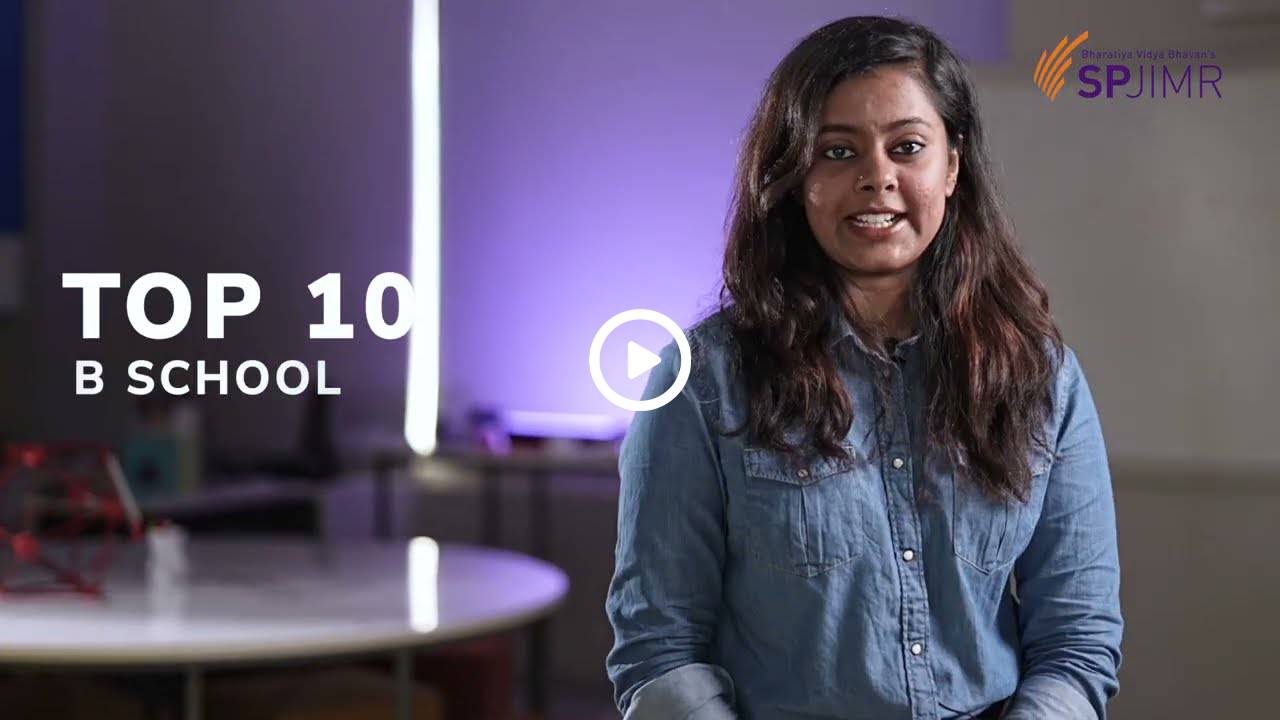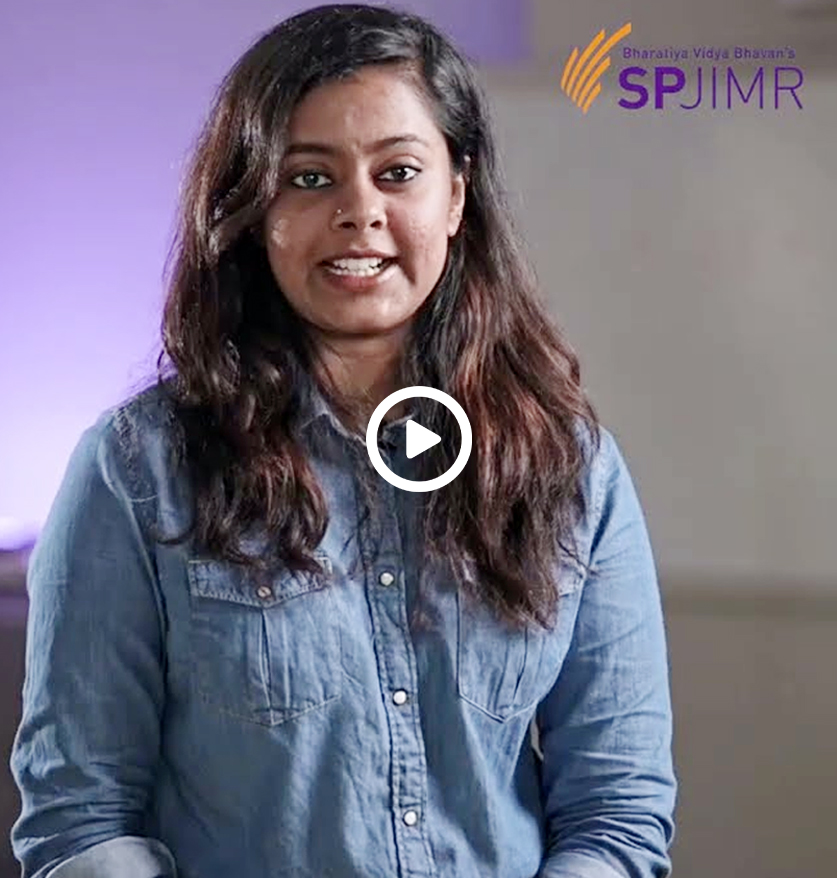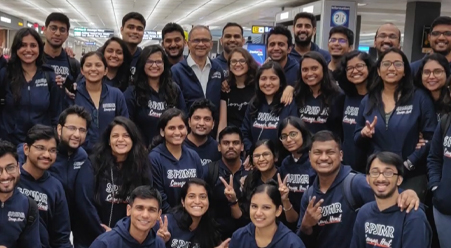When choosing a management degree, one of the first questions students and professionals face is PGDM or an MBA. What makes them different, and which one aligns best with your career goals?
Making an informed choice requires a clear understanding of these differences, especially from an industry perspective and one’s future aspirations.
Although both the MBA (Master of Business Administration) and the PGDM (Post Graduate Diploma in Management) equip students with the essential management skills they require, they differ in terms of industry alignment, regulatory approval, curriculum structure, and global recognition. Let’s dive deeper into a comprehensive comparison of PGDM vs. MBA, which can enable fresh graduates, working professionals, and aspiring managers to make the right choice.

Understanding the basics: What are PGDM and MBA?
PGDM: AICTE-approved (All India Council for Technical Education) autonomous institutions usually offer PGDM, which is a diploma-level management programme. It is intended to be dynamic, industry-focused, and in line with real-world business requirements.
MBA: The UGC (University Grants Commission) oversees the MBA programme, which is offered by universities and their affiliated institutions. It is a degree programme which adheres to a set academic framework and is recognised for further studies and government employment.
Key differences between PGDM and MBA
Although both PGDM and MBA programmes seek to give participants management skills, they vary in terms of industry focus, curriculum flexibility, approving authorities, and international recognition.
To assist you in making an informed choice, the table below outlines the main distinctions.
| Parameter | PGDM (Post Graduate Diploma in Management) | MBA (Master of Business Administration) |
|---|---|---|
 Approving Authority Approving Authority |
AICTE (All India Council for Technical Education) | UGC (University Grants Commission) |
 Validity Validity |
Recognised as equivalent to an MBA in India and abroad | Official degree with university backing |
 Institution Type Institution Type |
Autonomous B-schools like SPJIMR | University-affiliated colleges |
 Curriculum Updates Curriculum Updates |
Industry-oriented; frequently updated | Follows university guidelines; less frequent updates |
 Course Structure Course Structure |
Emphasises practical learning, case studies, and experiential projects | More theoretical, research-driven approach |
 Specialisations Specialisations |
Often offers more niche and industry-relevant specialisations | Traditional specialisations like finance, HR, marketing |
 Placements Placements |
Strong industry connections; high placement rates | Varies by university and reputation |
 Recognition Abroad Recognition Abroad |
Increasingly recognised globally, but varies by country | More widely recognised internationally |
 Fees Fees |
Higher at top-tier B-schools | Varies; often lower in public universities |
 Teaching Methodology Teaching Methodology |
Case-based learning, live projects, and industry immersion | Lecture-based with academic research focus |
 Suitability Suitability |
Best for those seeking practical, industry-ready skills | Ideal for those looking for structured theoretical knowledge |
The SPJIMR PGDM edge
The PGDM programme at SPJIMR is specially created to give participants the knowledge, skills, attitude, and exposure to the industry they need to succeed in the fast-paced business world of today. It provides a transformative educational experience with a curriculum based on real-world application, leadership development, and global perspectives. SPJIMR stands out for the quality of its graduates and the impact they create. The foundation of the SPJIMR experience is:

Reputation SPJIMR is recognised as India’s #1 business school by the Financial Times Masters in Management (FT MIM) 2024 Ranking. It is among the elite 1% of global business schools to achieve ‘Triple Crown’ accreditation—AACSB, AMBA (UK), and EQUIS (EFMD).

Global dimension Global exposure through international immersion, exchange programmes, and collaborations with leading global institutions.

Alumni power A strong and influential alumni network driving impact across industries worldwide.

Placement outcomes Impeccable record of achieving 100% placements within three months of graduation.

Immersive experiences SPJIMR’s pioneering ‘non-classroom learning’ experiences are designed to accelerate leadership development, teaching participants to understand, reflect, and act in unfamiliar situations.

Practice focus Learning is driven by co-creating the curriculum with industry partners to include case studies, live projects, and leadership development initiatives to ensure students gain real-world employability skills.

Mumbai advantage Located in India’s financial capital, SPJIMR offers unmatched industry access and networking opportunities.
The SPJIMR advantage

Ranked among India’s top management programmes, with an exceptional track record of placements and industry recognition.

Industry-aligned curriculum:
Regularly updated courses ensure students stay ahead of emerging business trends, technologies, and management practices.

Experiential learning:
A hands-on approach through live projects, leadership programmes, and case-based learning.

Strong corporate connections:
SPJIMR’s vast industry network facilitates mentorship, internships, and career opportunities, ensuring graduates are job-ready.
Register your interest for this programme
Please fill in the following details
Global recognition
#1 in India
Financial Times Masters in Management (FT MIM) 2024 Ranking.
#35 globally
Financial Times Masters in Management (FT MIM) 2024 Ranking.
#3 in India
Business Today-MDRA India’s Best B-Schools Ranking 2024.
#3 in India
India Today Group MDRA Best Business Schools Survey 2024.
Positive Impact Rating (PIR):
Recognised as a ‘pioneering’ institution with the highest ‘Level 5’ rating for societal impact and sustainability achievements.


Who should choose PGDM vs. MBA?
Your background, desired career path, and preferred method of learning will all influence your decision between a PGDM and an MBA. To assist you in making a decision, here is a breakdown:
Recent graduates
PGDM is a good option if you’re searching for a more dynamic, regularly updated, and industry-focused curriculum. If you like a more conventional academic structure, an MBA might be a better fit.

Working professionals
PGDM is beneficial for those looking for a hands-on, leadership-driven approach. Live projects, industry immersion, and experiential learning are frequently incorporated. If you want a more theoretical and structured approach, an MBA might be a good fit.

Entrepreneurs and innovators
PGDM provides a practical learning experience with exposure to real-world business challenges, which is beneficial for those who intend to launch their own company or innovate within an existing organisation.

Aspiring global managers
Reputable PGDM programmes such as SPJIMR provide global accreditations and exchange programmes for those who value exposure abroad. They are therefore a good choice for people searching for work opportunities abroad.

Those seeking government jobs or further studies
Because of its recognition and structured format, an MBA degree from a reputable university may be more advantageous if your objective is to work in the public sector, pursue a Ph.D., or sit for competitive exams.







